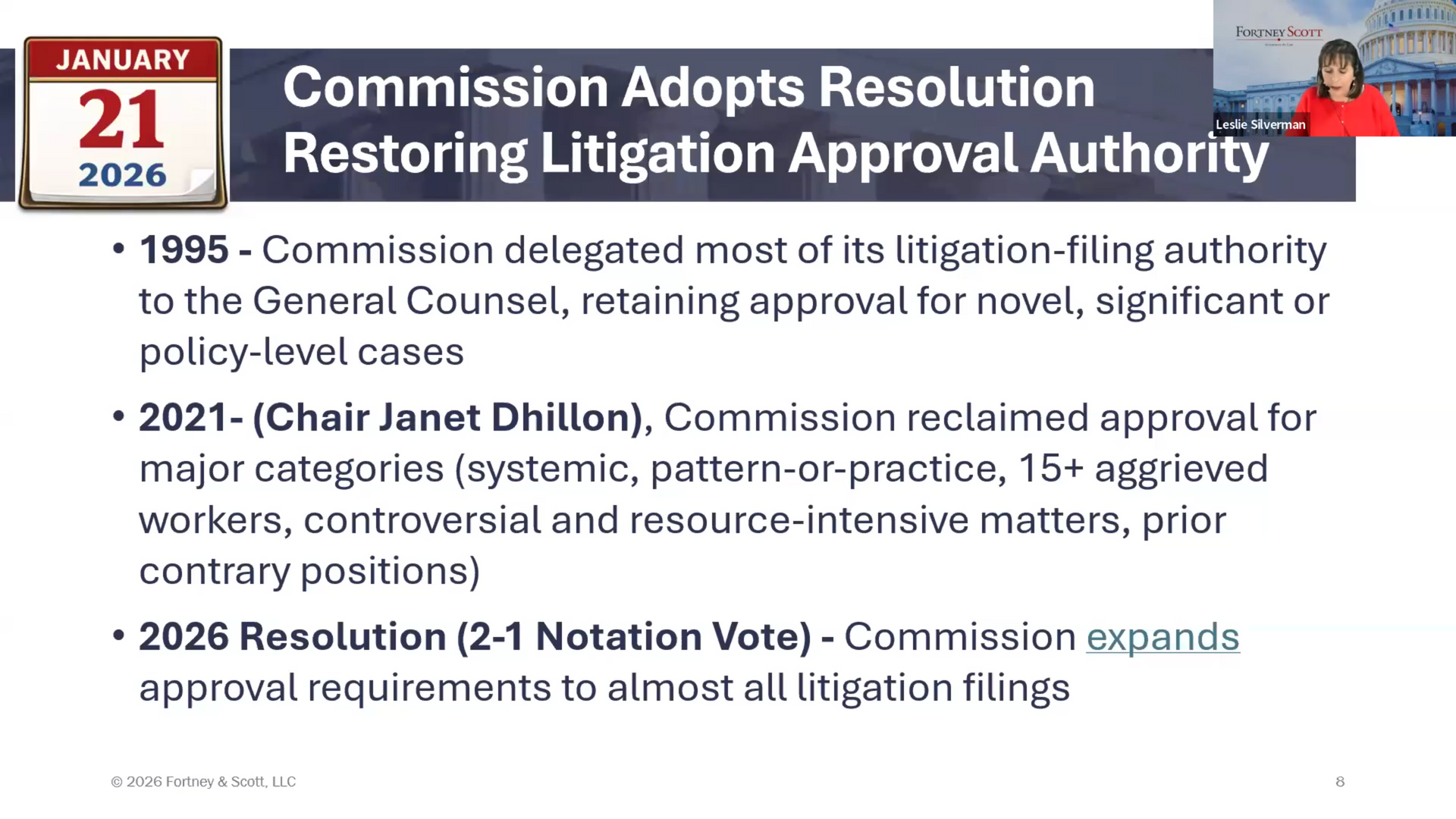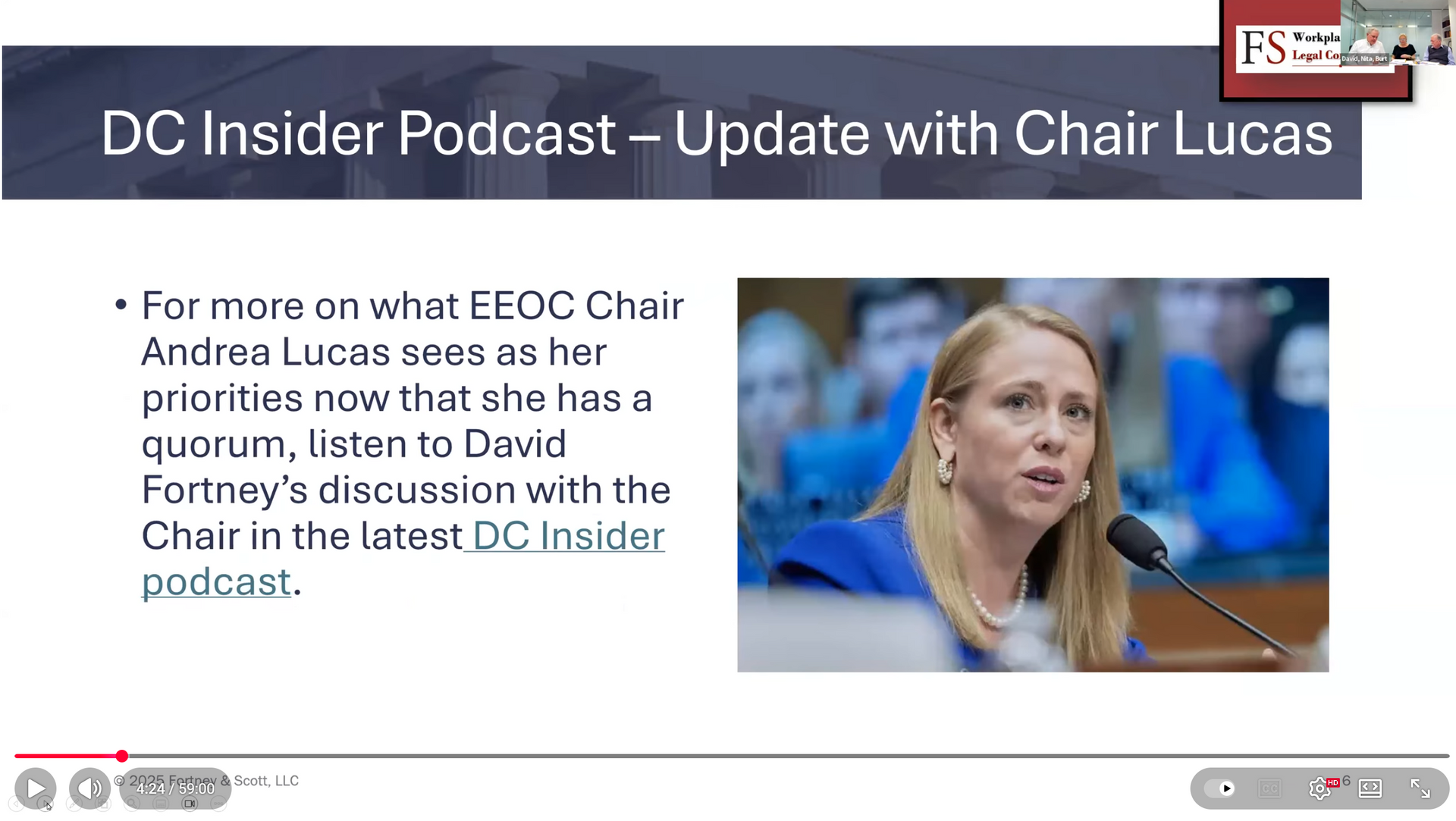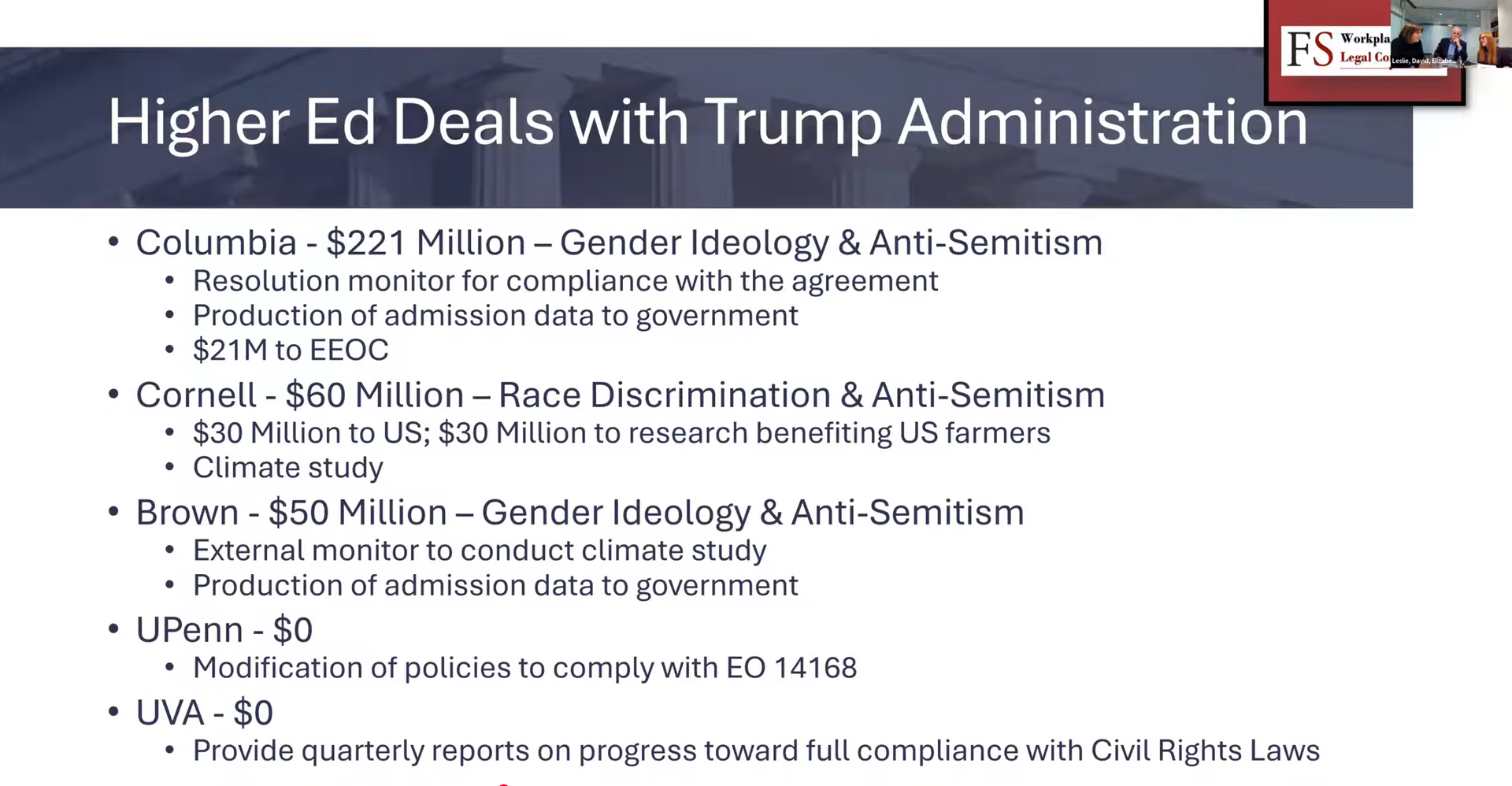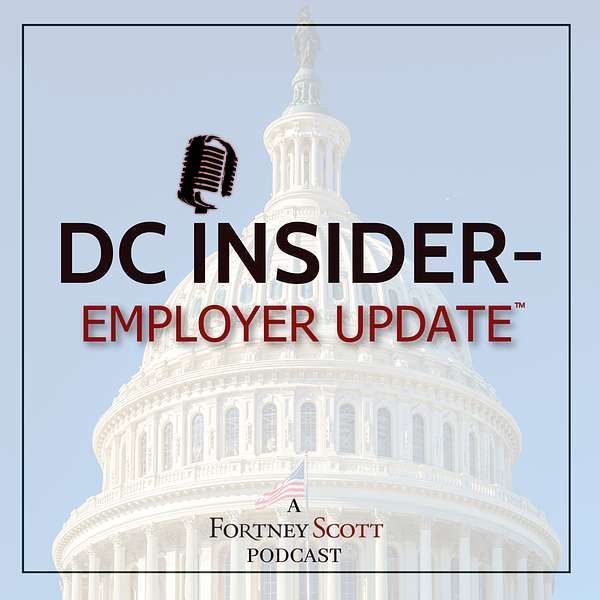DOJ’s Civil Division is Initiating False Claims Act Investigations of DEI Practices
The U.S. Department of Justice (DOJ), Civil Division is sending Civil Investigative Demands (CIDs) to federal contractors seeking information on their DEI practices, under its authority to investigate False Claims Act (FCA) claims.
Flowing from President Trump’s Executive Order 14173, which seeks to limit DEI efforts, the DOJ recently launched the Civil Rights Fraud Initiative, which utilizes the FCA to investigate and pursue claims against recipients of federal funds (including federal contractors) that their DEI practices violate federal civil rights laws.
The focus of these investigations will likely be:
- Discriminatory preferences/goals: DEI programs that assign benefits or burdens based on race, ethnicity, or national origin.
- Use of proxies to mask discrimination: Practices using criteria like "cultural competence" or "lived experience" as proxies for protected characteristics in hiring or promotion decisions.
- Segregation in the workplace: Limiting membership in affinity groups or separating employees by protected characteristics during training.
- Discriminatory training programs: DEI training that promotes stereotypes, excludes individuals based on protected characteristics, or creates a hostile environment.
- Failure to protect against antisemitism: Institutions accepting federal funds that do not adequately address antisemitism or other civil rights violations.
Organizations found to be in violation of the FCA can face significant penalties, including treble damages (three times the amount of damages incurred by the government), civil penalties for each false claim, and reputational harm.
As a result, all federal contractors and grant recipients should be on high alert for any communication from DOJ and should immediately notify internal counsel if any such communication is received.
Please contact your FortneyScott attorney or email us at
info@fortneyscott.com for additional information on how to be prepared and to respond to these DOJ investigations and other best practices recommendations.
















